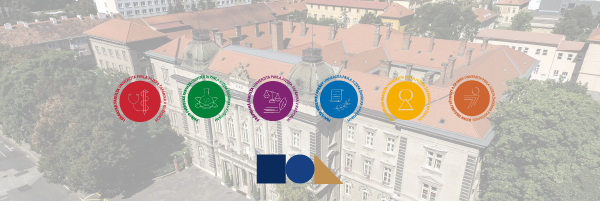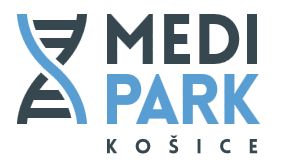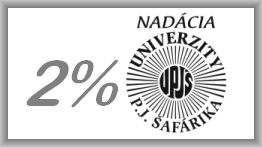In the context of the current situation regarding the spread of the new COVID-19 coronavirus, we have daily reports of new cases confirmed, deaths, measures taken or empty shelves in stores. It is not easy to keep calm, as proven by many examples of irrational reactions and human behavior. In times of pandemics, we are not only fighting the virus, but also trying to control and manage fear, stigma and discrimination (WHO, 2020). In this article you can read exactly what to do if fear, uncomfortable feelings or panic seizes you.
While a sense of fear provokes a specific stimulus (such as fear of taking a test, fear of a dentist) and is a short-term discomfort, anxiety is a response to a potential threat and concern that may be caused by a situation that is uncertain, unclear, new and unknown which may not actually exist). Fear is a normal response that stems from our nature of human being and protects us since long ago from threat, from some danger. It is manifested in our behavior at the biochemical level, and over time it declines.
Since COVID-19 is a new disease, its research is ongoing and we learn more about it gradually. This naturally gives rise to feelings of fear. However, it is important to emphasize that fear and anxiety are part of the normal response to the situation. How to deal with these concerns?
In the short term, breathing exercises can help. They are ideal before any stressful situation. They temporarily reduce pressure and cortisol and demonstrably reduce stress and anxiety. You can try this exercise. Sit comfortably, breathe normaly for a while, and then follow this routine:
- inhale through your nose for 2-3 seconds, hold your breath for a few seconds, exhale slowly and evenly for 5 seconds,
- feel the release,
- repeat 6 cycles.
UPJŠ students in Košice can use the e-counselling of the University Counselling Center free of charge, where our experienced psychologists will advise you. If you need to get in touch with the experts quickly, you can use the Nezábudka Trust Line, which works 24 hours a day. The Trust Line is also operated by the Louis Pasteur University Hospital in Košice.
Recommendations on how to cope with fears and worries during the COVID-19 pandemic have also been issued by the World Health Organization and the International Federation of Red Cross and Red Crescent. The Slovak version had been prepared for you by the Košice branch of the Slovak Association of Psychology Students and Graduates.
What if anxiety lasts for a long time, isn’t it just fear or worries about the current situation, or have you had these feelings before?
Anxiety reactions become dangerous if they persist for a very long time (several weeks to months), without apparent cause and negatively affecting your daily life. Anxiety is regularly associated with three or more of the following: restlessness or irritability, easy fatigue, difficulty concentrating or confusion in thinking, irritability, muscle tension, sleep disorder. The extreme is a panic attack, a period of very uncomfortable feeling that reaches a peak within ten minutes and is associated with symptoms such as inability to breathe, palpitations, vertigo or tremor, nausea and tingling sensation in the shoulders and fingers. The common feature of panic attack is known as hyperventilation, which includes rapid short breaths and exhalations.
Professional help consists in easier form of anxiety in psychotherapy, where the client visits a psychologist, pychotherapist. He teaches him during several meetings in successive steps to get rid of anxiety by dealing with critical situations.
Complementary in these cases may be autogenic training, which aims to release the whole body and mind by means of voice guidance. Regular exercise leads to a lasting calm, increased performance, concentration, elimination of sleep problems and some physical problems. Autogenous training is also suitable as a prevention of burn-out syndrome for students, managers, top athletes and all those who are demanding on life. Autogenic training also takes place at the university, usually during the winter semester under the guidance of an experienced psychologist. You can also find useful recordings and an example of autogenic training HERE.
In the framework of autogenic training, it is also possible to practice so-called: mindfulness. Mindfulness directs clients to live life to the fullest and pay attention to the experiences of the moment. They should be aware of the world of others, their own thoughts and emotions and receive these emotions and thoughts without any evaluation. Since mindfulness focuses on the present, it is a good way to divert people from the projection of the past and future to the present. These interventions include awareness and practice of mindfulness and meditation. It can lead to better mental well-being, reduce of the stress and its better handling.
So far, the text has focused only on the short-term experience of doubts or fear and on an easier form of anxiety. However, if you experience a moderate to severe form of anxiety (this is decided only by an expert), a drug treatment by a psychiatrist is required, which may also be a psychotherapist.
With an increase of fear and anxiety is important to prevent them, so we believe that this article has helped you to understand your own emotions and had showed you how to proceed. Mental health, as well as physical health, is a part of every person’s health, it concerns the public health.















